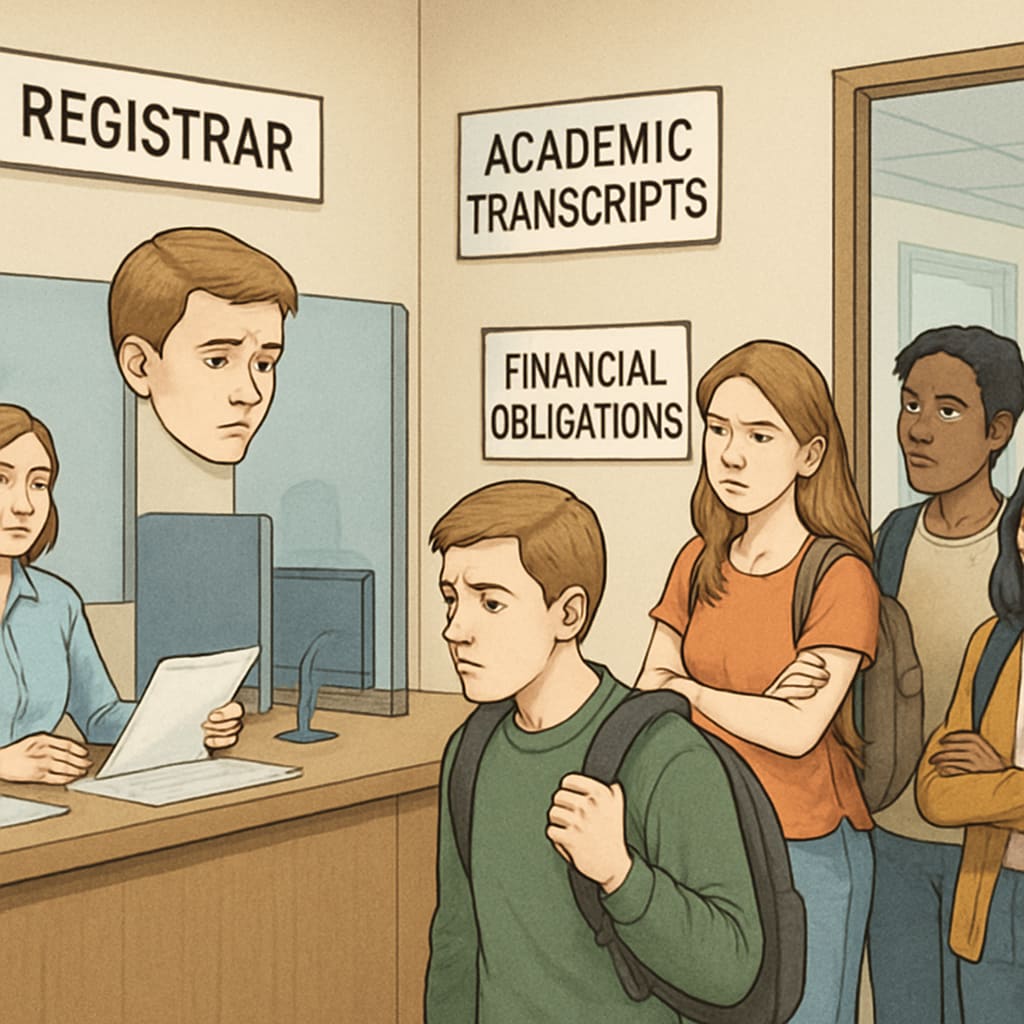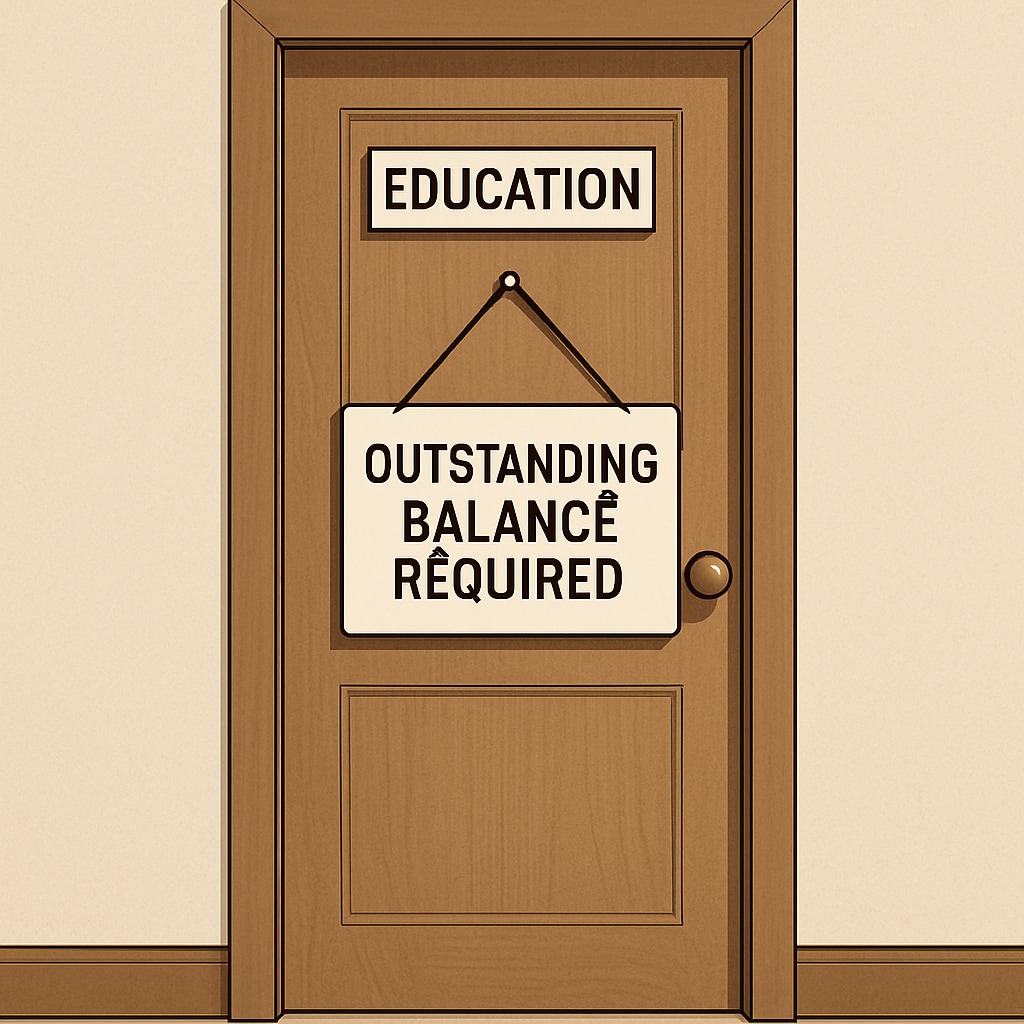For many students, academic transcripts serve as critical documents for applying to colleges, scholarships, or jobs. However, the ability to access these records can become complicated when unpaid balances exist, leaving students caught between financial obligations and their right to education. The issue of accessing transcripts amidst outstanding balances—often linked to tuition fees, library fines, or examination costs like the PRC exam (Professional Regulatory Commission exam)—raises questions about education fairness and financial equity. This article explores the implications of such policies, the challenges they pose for students, and potential solutions to address these concerns.
Understanding the Link Between Transcripts and Financial Obligations
Academic institutions, particularly in the K-12 education system and beyond, often enforce policies that restrict access to transcripts until all outstanding balances are settled. These balances can include tuition fees, unpaid fines, or examination costs such as the PRC exam. While these policies aim to ensure financial accountability, they can inadvertently penalize students who are already facing economic hardships.
For example, a student from a low-income household may be unable to pay a small library fine, yet their transcript remains withheld, blocking opportunities for higher education or employment. This creates a cycle where financial barriers prevent students from advancing, ultimately undermining the purpose of education as a tool for upward mobility.

The Impact on Educational and Career Development
When students are denied access to their transcripts due to unpaid balances, the consequences extend beyond immediate academic goals. For instance, transcripts are often required for:
- Applying to colleges or universities
- Securing scholarships or financial aid
- Meeting job application requirements
Without these documents, students face limited opportunities, which can exacerbate existing inequalities. Furthermore, withholding transcripts can disproportionately affect marginalized communities, where financial difficulties are more prevalent. As a result, such policies may conflict with the principles of education equity and fairness.

Balancing Financial Accountability with Education Fairness
While educational institutions have legitimate reasons to enforce financial policies, there are alternative approaches to ensure both financial accountability and education accessibility. Some potential solutions include:
- Implementing Payment Plans: Allowing students to access their transcripts while adhering to structured repayment plans.
- Partial Transcript Access: Providing unofficial transcripts for job or college applications while keeping official records contingent on balance settlement.
- Waivers for Low-Income Students: Introducing need-based waivers or financial assistance programs to address economic hardships.
- Advocating for Policy Changes: Encouraging state or national-level legislation that prohibits transcript withholding for unpaid balances.
For instance, some U.S. states have already enacted laws to prevent transcript withholding, recognizing the long-term disadvantages such policies impose on students. These measures demonstrate that financial accountability and education fairness do not have to be mutually exclusive.
Looking Ahead: A Call for Policy Reform
As access to education becomes increasingly important in a competitive job market, the withholding of academic transcripts over unpaid balances emerges as a critical issue that requires immediate attention. Policymakers, educators, and community leaders must collaborate to design solutions that prioritize the needs of students while addressing the financial realities of educational institutions.
In conclusion, education should be a pathway to opportunity, not a privilege hindered by financial barriers. By adopting more equitable policies, institutions can ensure that all students—regardless of economic status—have the chance to succeed and contribute to society. As the debate continues, the question remains: How can we create a system that balances financial sustainability with the fundamental right to education? The answer lies in innovation, empathy, and a commitment to fairness.


